Every country has its own set laws, rules and traditions. There are some of these that are common to countries. And the Japanese monarchy is very unique and has special rules that must be followed.
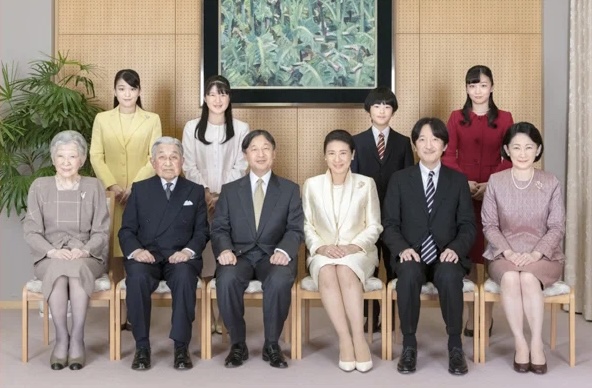
In monarchies, the king and queen accept gifts from ambassadors or representatives of other countries. They can also give gifts. But in Japan, it is forbidden to do so by the constitution.
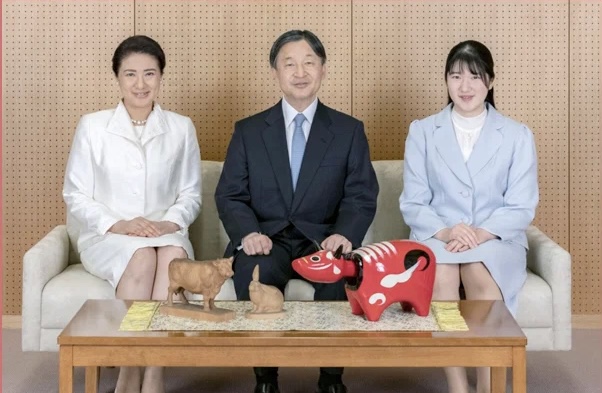
Members of the Imperial Family cannot work except for charity work. However, permission must be obtained for this as well.
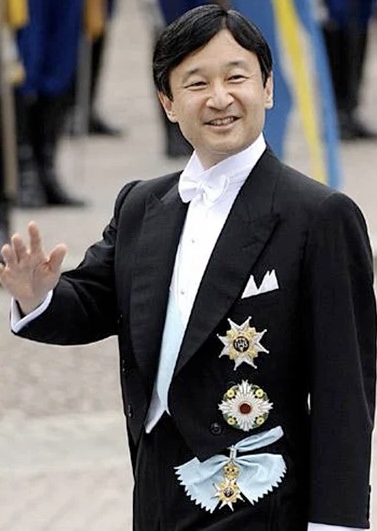
According to the Constitution, only a man can become emperor. Eight empresses used to sit on the Japanese throne, and in 1889, women no longer had the right to sit on the throne.
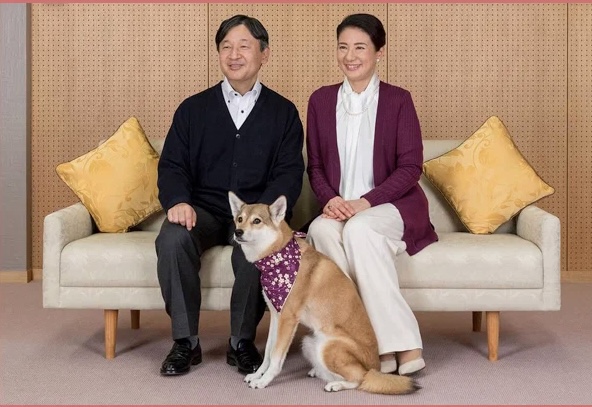
The Emperor of Japan has no personal property. The state allocates 300 million to him annually for personal expenses. And all real estate belongs to the state. These restrictions are strict for the Imperial Family, but they will never displease the world.
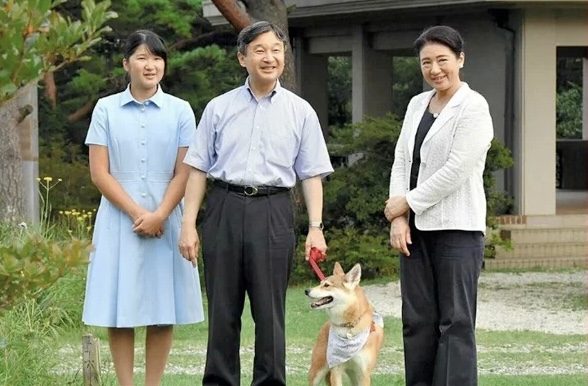
There is gender inequality in the Japanese Imperial Family. The current emperor, Naruhito, married an ordinary woman. And if a woman decides to marry an ordinary man, she must give up the title.
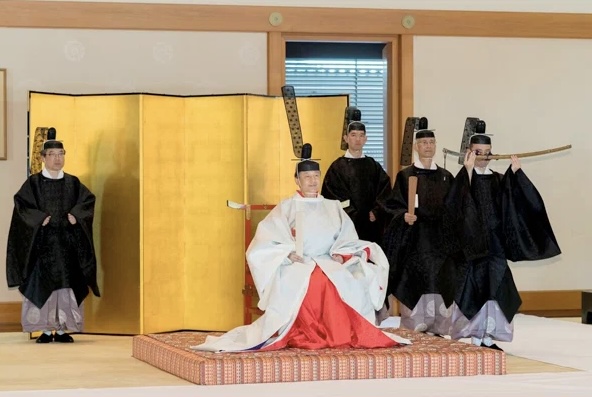
It is forbidden for the members of the Japanese imperial family to talk about politics and participate in political events.
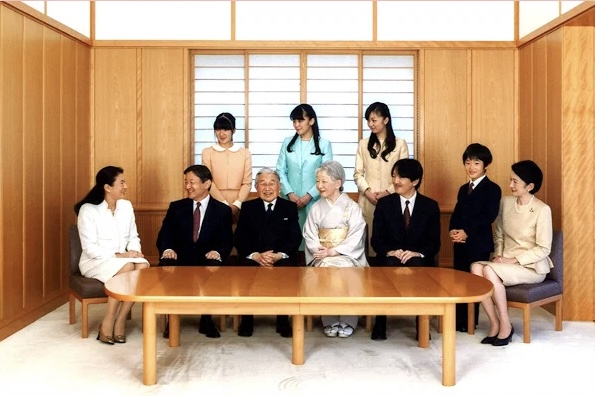
Members of the Imperial Family do not have a surname. They have chosen names. All Japanese emperors are believed to be descended from the Shinto deity Amaterasu. That is why it has never been tried to overthrow the imperial dynasty in Japan.
